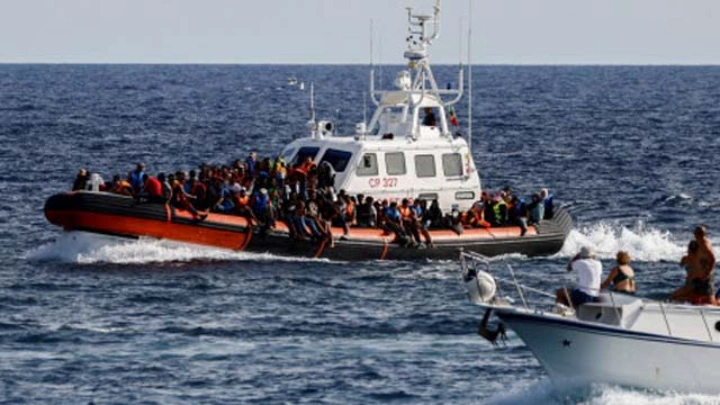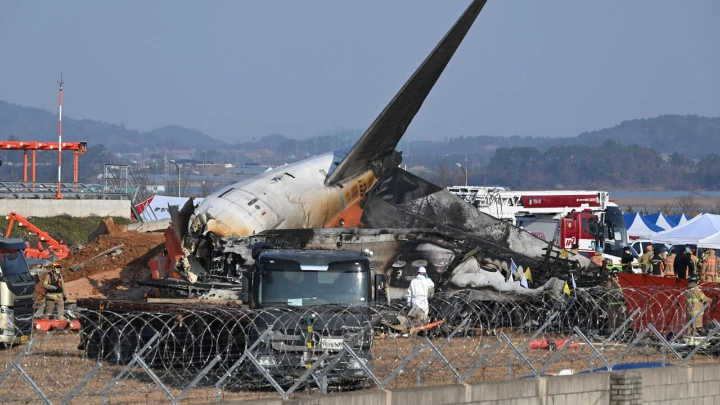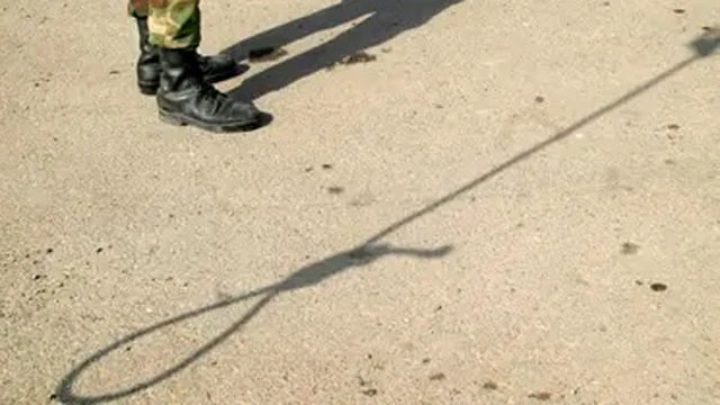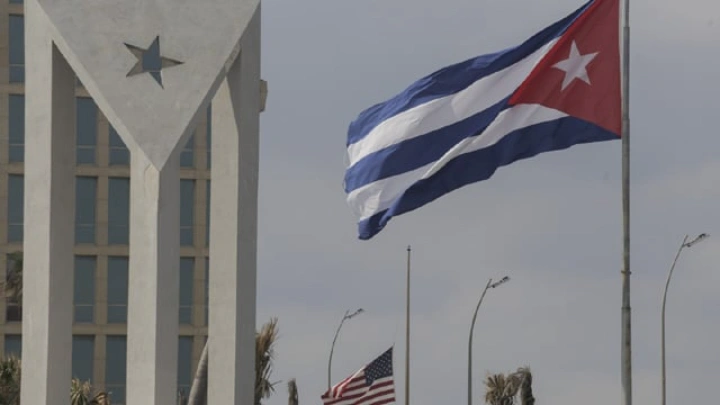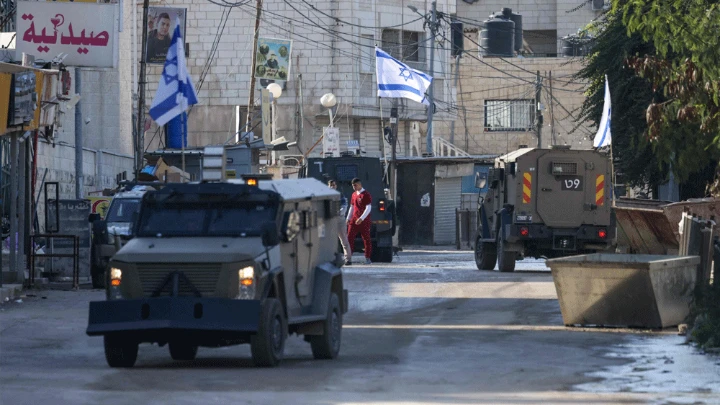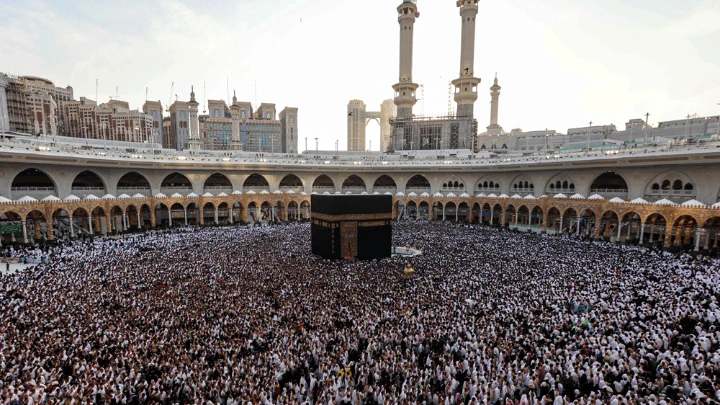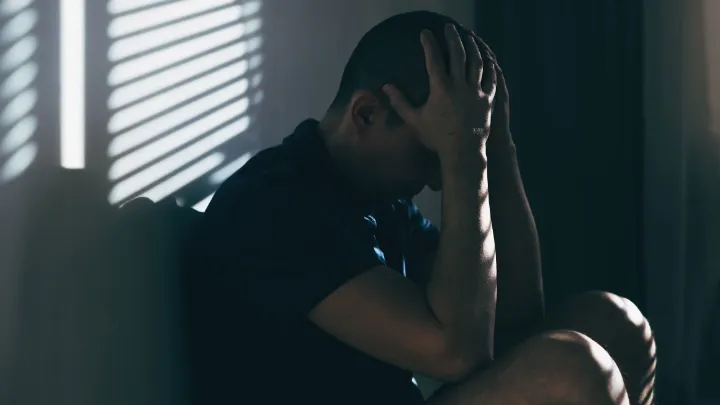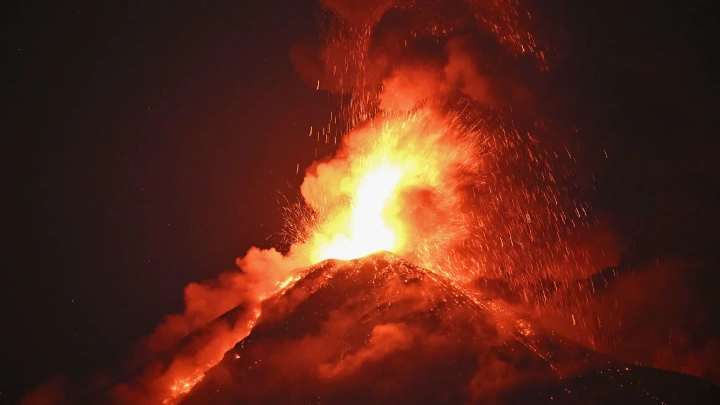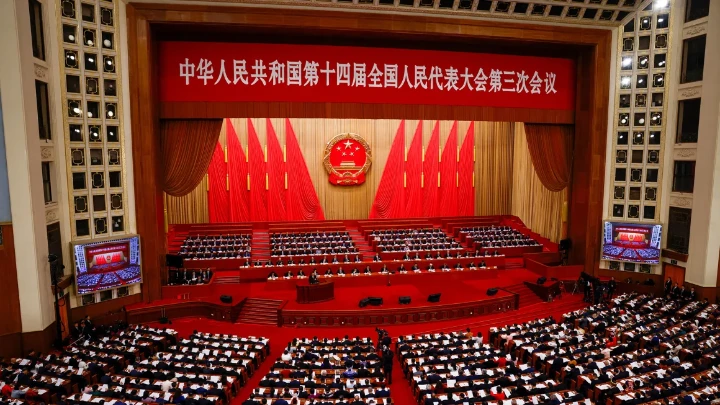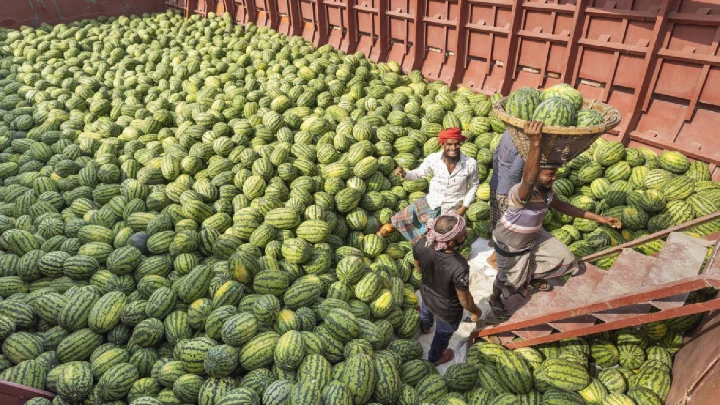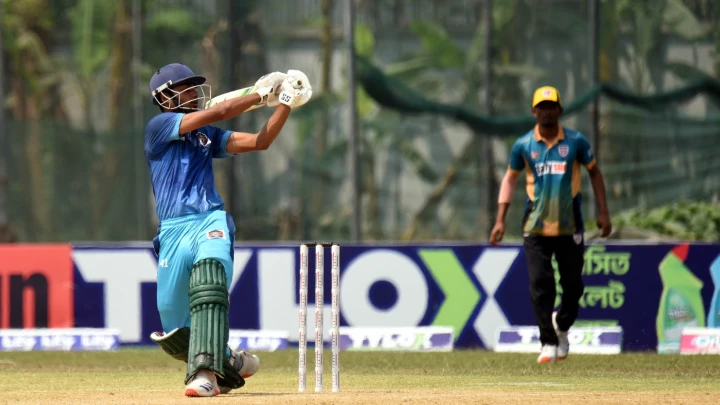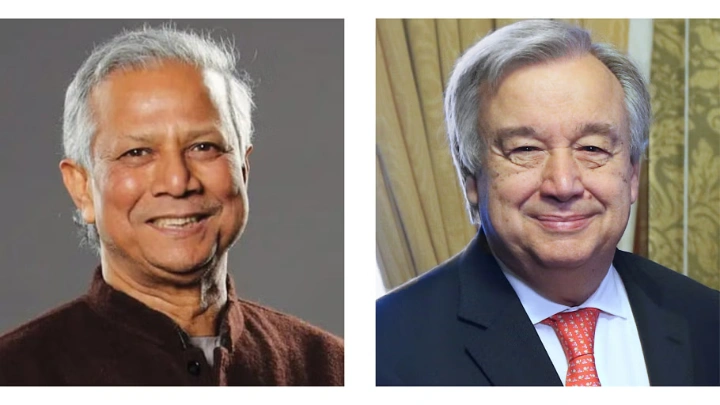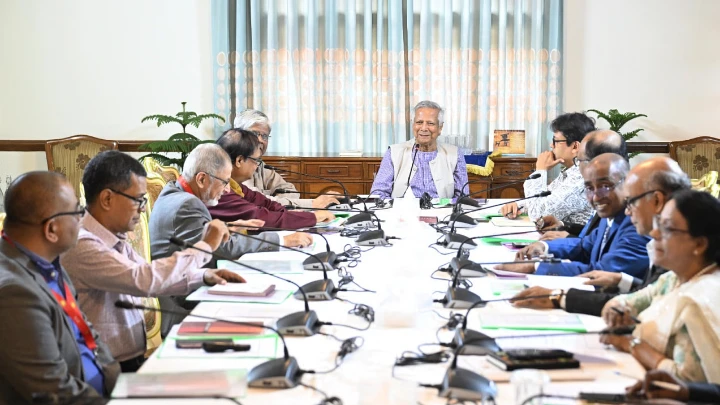Italy fails to open disputed Albania migrant camp on time
AFP || Shining BD
Italy and Albania failed to meet a deadline on Thursday to open a controversial camp to hold migrants in the Balkan country until their asylum applications are processed.
The facility is the cornerstone of a highly contested deal signed between Rome and Albania to sort migrants rescued at sea in Italian waters.
Those deemed the most vulnerable are due to be taken to Italy, with the rest sent back outside of the EU to the Albanian port of Shengjin.
Once there, the migrants will be taken to another centre at a former military base in Gjader while they wait for their claims to be processed.
"The complex of the two centres will be operational from August 1," Italian Prime Minister Giorgia Meloni vowed during a visit to Albania in early June.
Despite the promises that they would be up and running by Thursday, the reality on the ground was very different.
AFP discovered that just a few housing units had been assembled in the Gjader camp after visiting the site this week, with little sign it would be finished anytime soon.
Italian authorities -- who are responsible for both building and running the camps -- have been reluctant to provide a new date.
Asylum seekers sent to Gjader will live in small units surrounded by high walls until their requests are dealt with by the Italian courts.
Meloni -- the leader of the far-right Brothers of Italy party -- said the facility would have an initial capacity of around 1,000 people and would be gradually expanded to hold 3,000.
Around 10 judges are due oversee hearings via video conference with asylum seekers in Albania, according to the Italian media.
The project has been condemned as "illegal" under international law by human rights groups.
- 'No one is against' -
But the imminent arrival of the migrants is largely seen as a welcome boost in this impoverished corner of northern Albania, which has ironically lost most of its people to migration.
Beyond the centre's high fences, the area around Gjader has been largely abandoned, with the population falling from around 7,000 to just 2,000 in recent years.
Those who remain largely live off farming and money sent home from Albanians working abroad.
Village leader Aleksander Preka, 65, insisted the camp is an opportunity for Gjader.
"The area is growing, Albanian and Italian workers buy in our stores, rent our houses," said Preka, whose eldest child will drive a bus bringing migrants from Shengjin to Gjader.
In the village, a slew of new job advertisements have popped up including openings for nurses, cleaners and psychologists.
The higher-end jobs promise salaries of close to 1,000 euros a month ($1,082), well above the Albanian average.
The visiting Italian ambassador even vowed to help resolve issues with the local power grid -- a perennial problem in Gjader.
"Since 1973, we have had Chinese and Russians (sent as advisers during communist rule)... I swear on my children's heads that no one here is racist, or against the arrival of these people," said Preka.
The migrants, however, will not be mingling with the locals.
Instead, they will be locked behind the facility's security fence and guarded by police.
Human rights groups have condemned the programme's lack of transparency, saying Albania's status as a non-EU country has limited protections for the asylum seekers.
"Taking people to closed centres outside the territory of the European Union endangers the fundamental right to seek asylum," said Flaminia Delle Cese of the International Rescue Committee.
"It's effectively detaining people who are trying to find refuge and protection."
Shining BD

